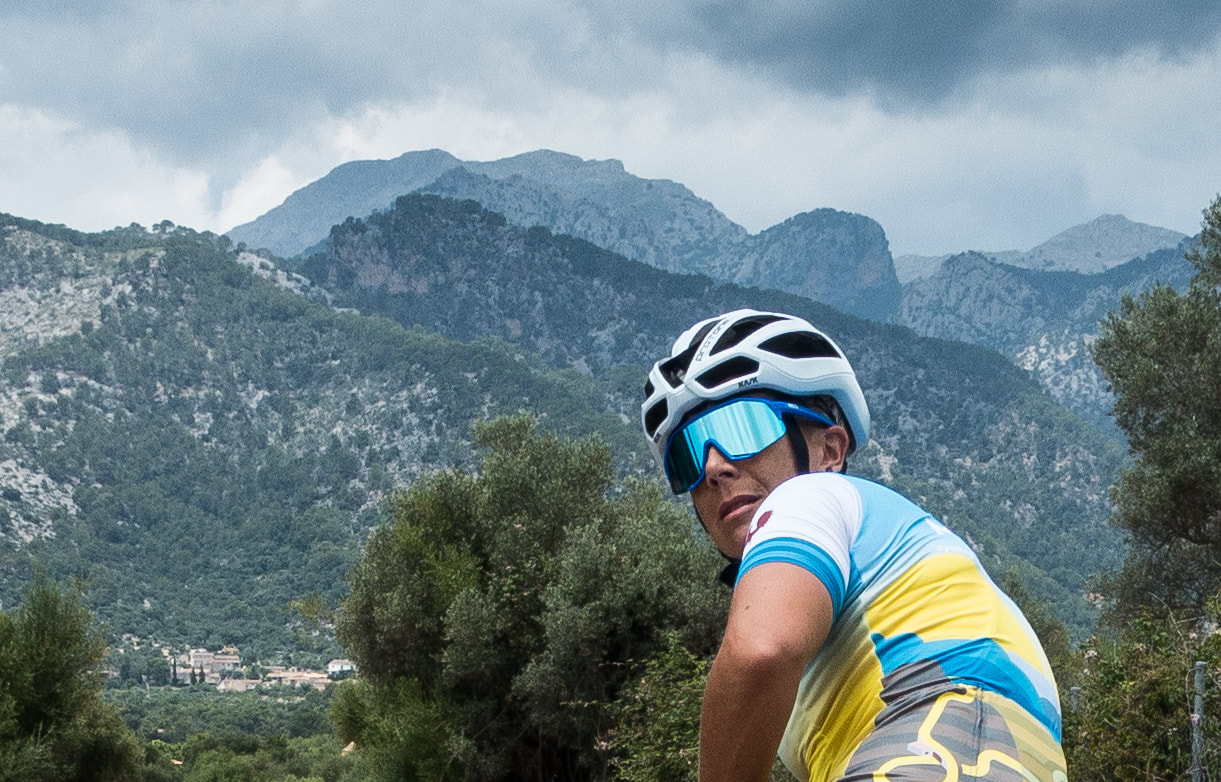|
It’s comforting and frustrating in equal measure to discover one of the earliest psychological experiments ever carried out involved a researcher noticing that cyclists tend to have faster times when riding in the presence of a counterpart as opposed to riding alone (Triplett, 1898). This early observation has been repeated in lots of different sports related studies including grip strength in golfers, speed of runners and, again, times of cyclists. Nevertheless, the real world impact of what is known as the social facilitation effect in sport, perhaps surprisingly, remains under researched. To some extent it’s a given. PBs and world records are almost always achieved under competitive pressure and athletes almost always perform to their best when involved in direct competition with others. But why? Why can’t the times, powers, weights lifted and speeds achieved in competition be replicated in training? The important thing to grasp here is the physiology of the individual hasn’t changed, it’s the psychology, the power of the mind within the competitive environment that’s making the difference. When it comes to elite performers, particularly the genetic outliers that make up the ranks of professional cyclists, there is little physiological difference between them but the phrase ‘he just wanted it more’ is often used about a narrow margin of victory. Wanting something more is a mental state, not a physical one. This is the mind winning the race in spite of the body. Harnessing some of this effect for use out of competition has the potential to improve the intent, purpose and quality of training enhancing its efficacy. ‘…the mind controls the performance of the body, not the other way around…’ Perhaps here it’s worth drawing an analogy with that most common and available of drugs considered to have an ergogenic effect, caffeine. In the right dose caffeine acts on the central nervous system to inhibit the negative effects that adenosine has on neurotransmission, fundamentally reducing pain perception (Mielgo-Ayuso. J et al, 2019). It doesn’t make an athlete physiologically more able; the blood, muscles and cardiovascular system remain unaltered, caffeine overrides the switch in the brain that yells ‘stop, I’m cooking!’ Amphetamine is another psychoactive that does the same thing more effectively and in some well documented cases it dulls the pain receptors to such an extent that cyclists have literally died trying. Just for the sake of clarity, I wouldn’t suggest ingesting caffeine or any other dubious ergogenic in an attempt to go faster, the risks far outweigh the highly questionable benefits*. However, it does illustrate that the mind controls the performance of the body, not the other way around. So, the power of the mind to improve performance is there to be tapped. However, despite its potentially beneficial use, the means to that untapping, sports psychology, remains impenetrable to many and inaccessible to most. Nobody wants to have an existential crisis when they throw a leg over a bike, most just want to ride better, faster or simply enjoy it more. My view is that existing sports psychology theory starts in the wrong place. It attempts to work on exercise adherence or performance improvement without asking the fundamental questions about why we do what we do. For one, this leaves the gap between the competition effect and training unplugged. My aim is to find simple, digestible and usable ways of accessing what extra performance may be available by pointing the mind in the right direction when athlete chooses to use it. In the meantime I hope this provides some mental food for thought. *A placebo has been shown to work just as well – the power of the mind eh? Rich Smith is a British Cycling qualified Level 3 Road and TT coach supporting riders nationally and internationally and is coach to the Great Britain Transplant Cycling team. He has a 1st class honours degree in psychology which he bangs on about quite a bit. He launched RideFast Coaching in 2015 to deliver one to one, rider centred training that is physiologically effective but also psychologically sustainable.
0 Comments
Leave a Reply. |
AuthorThe ramblings of a cycling coach... Archives
May 2024
Categories |
|
© COPYRIGHT 2022. ALL RIGHTS RESERVED.
|



 RSS Feed
RSS Feed
